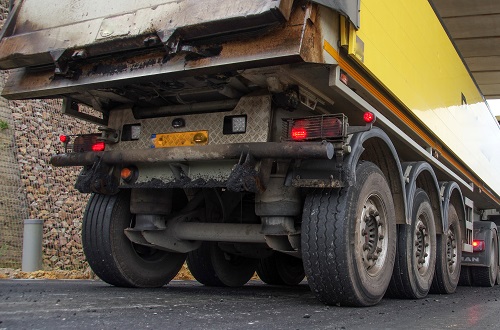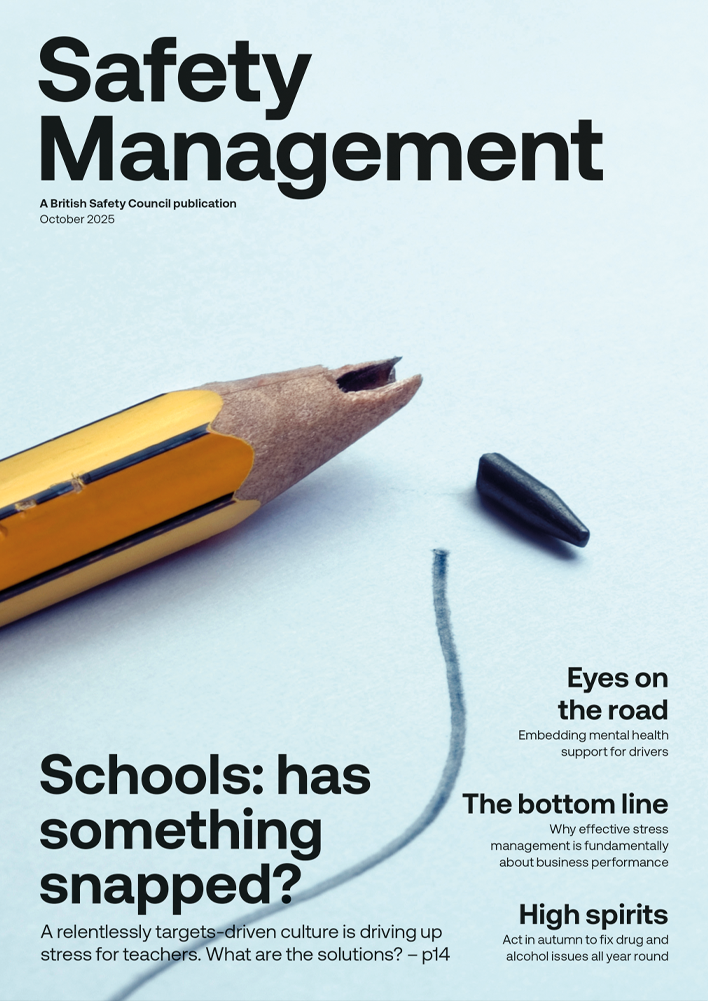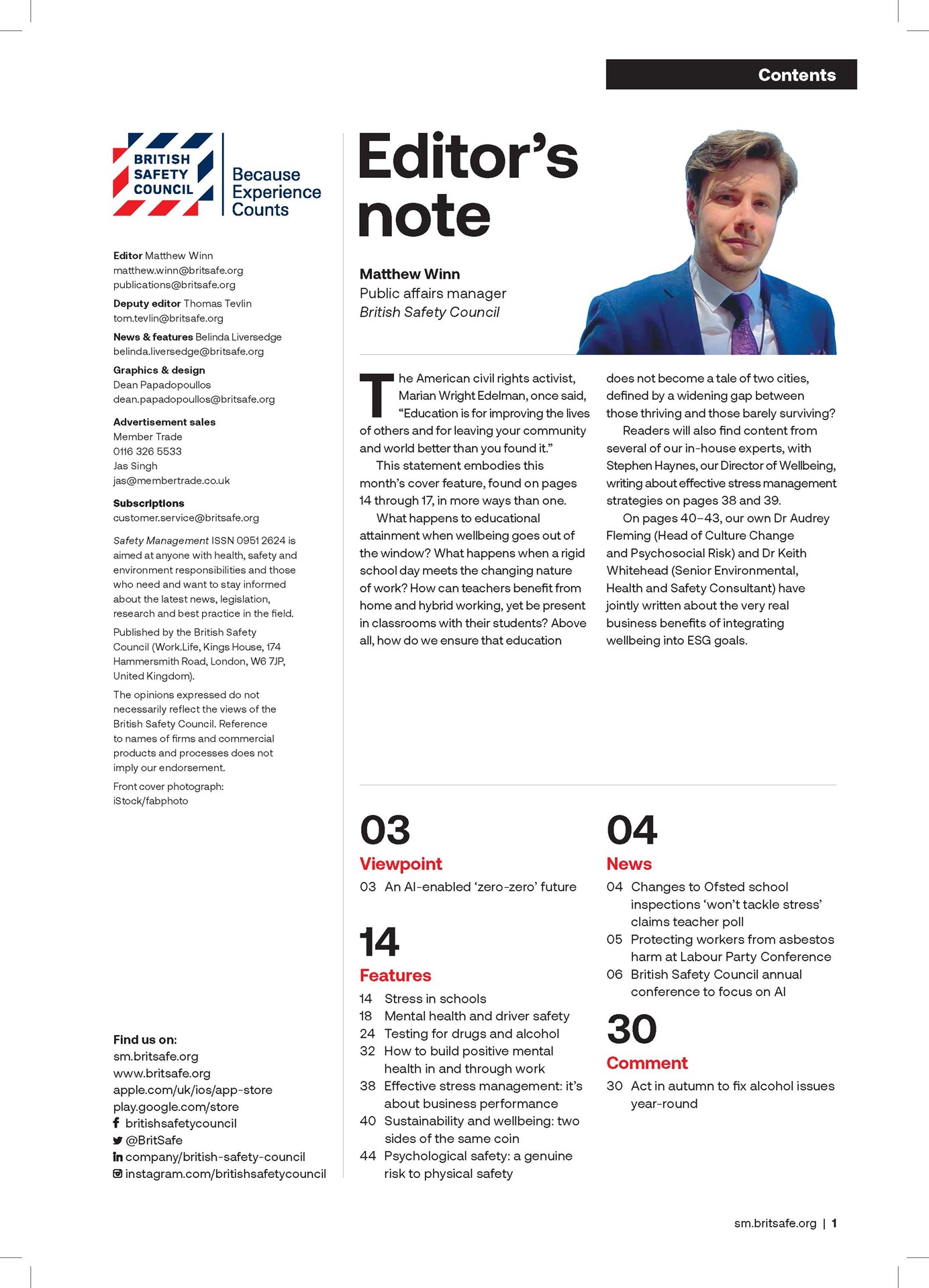Measures such as enabling companies to provide Employee Assistance Programmes (EAPs) as fully tax-free benefits and relaxing rules on tax relief for employer-funded medical treatments could help boost the UK economy by £2.65 billion over four years, according to research published by the Confederation of British Industry (CBI).
News
CBI calls for reforms to how employee health benefits are taxed
The lobby group, which represents businesses across the UK, has urged the country’s new Government to incentivise employers to support the health of their workers by removing the tax burden of occupational health provisions. It claims that reforms to the health tax system would incentivise half of businesses to invest more in the health of their employees.
 CBI chief executive Rain Newton-Smith: “Businesses tell us that the most effective measures for employee health interventions are those that are preventative.” Photograph: iStock/katleho seisa
CBI chief executive Rain Newton-Smith: “Businesses tell us that the most effective measures for employee health interventions are those that are preventative.” Photograph: iStock/katleho seisa
The CBI said its analysis shows that making EAPs fully tax-free benefits could boost productivity and generate £10 for every £1 spent by the Government. Its research also suggests that relaxing rules on tax relief for employer-funded medical treatments recommended by occupational health specialists could generate £5 for every £1 spent.
“We’re seeing vast numbers of people unable to work due to ill health, at a time when firms are crying out for more talent,” said CBI chief executive Rain Newton-Smith, adding that there is “an indisputable case for business and Government to work together to improve the health of people in work.”
A record 2.8 million people in the UK are economically inactive due to ill health, figures from the Office for National Statistics have shown.
A report published in July by the cross-party IPPR Commission on Health and Prosperity found that the cost of worker illness to businesses in the UK increased by £30 billion between 2018 and 2023. The Institute for Public Policy Research has called for the introduction of a tax incentive for companies that commit to “significant improvements in the health of their workforce”, as well as new compulsory reporting on worker health.
The CBI is also calling for the removal of the ‘one per employee, per tax year’ limit on tax-free health screening and medical check-ups – which it said would particularly benefit the construction, agriculture and manufacturing sectors – as well as the introduction of a new statutory tax exemption for adult vaccinations and virus and disease testing. It also wants to see tax relief extended to all employee eye tests, glasses and contact lenses.
“Businesses tell us that the most effective measures for employee health interventions are those that are preventative,” said Newton-Smith. “If health conditions are detected early, they can be treated more easily and at a lower cost, leading to less time off work.”
The new UK Government is due to deliver its first budget in October, in which it will set out its tax plans.
NEWS

Top jobs in safety in greatest demand right now, says recruiter
By Belinda Liversedge on 29 October 2025
Senior safety professionals who can influence culture, lead transformation, and align health and safety with wider business goals are in growing demand by employers, the recruiter Irwin & Colton have said.

HSE inspectors target Manchester construction sites as part of health drive
By Belinda Liversedge on 28 October 2025
HSE inspectors made a series of proactive inspections last week in Manchester city centre to tackle ill-health on construction sites.

Headline fines highlight common errors in reversing
By Belinda Liversedge on 24 October 2025
Reversing incidents have come into sharp focus in recent months, says HSE with two high profile fines totalling £3.5 million for the death of two workers.



